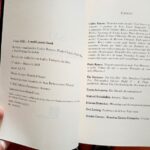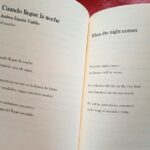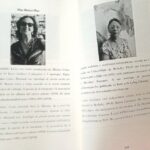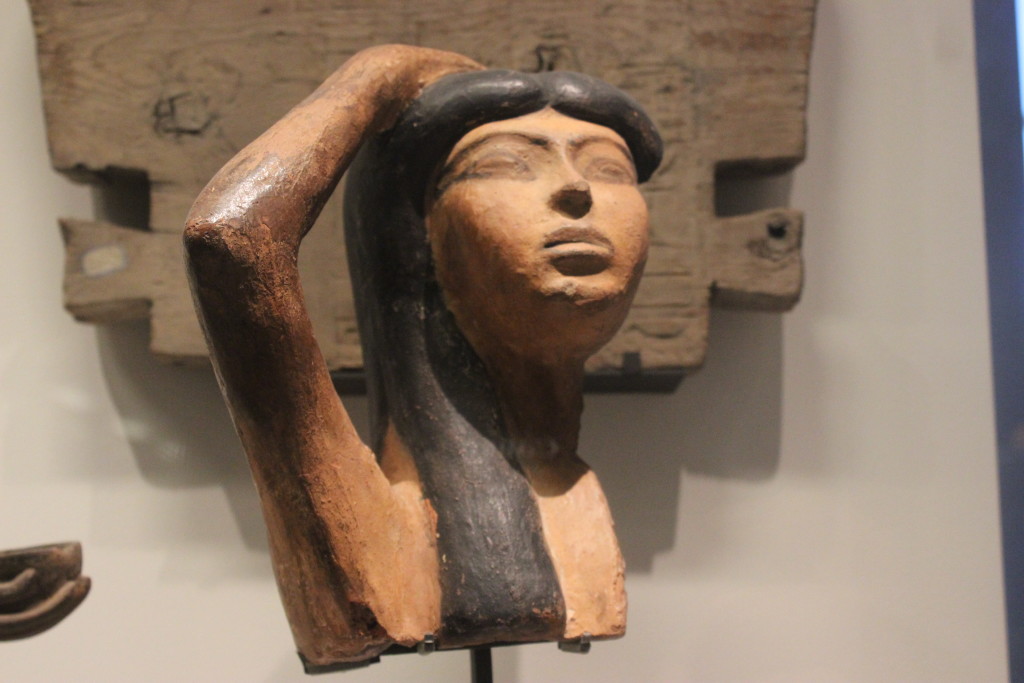Prologue in three voices
I
Confinements have these things – the violent extirpation of our individual and collective freedom fills us with indignation and ends up terrifying us, but at the same time, a kind of survival instinct manages to bring improbable (and tireless) skills. Chance, in turn, also causes totally unexpected effects, like what happened in the middle of that bastard year of 2020, when I had a coffee with my friend Carlos Ramos to exchange books and records.
A few days after that meeting, Carlos transmitted to me his impressions about the album “Todos os Fantasmas”, by Miosótis, which I recorded in 2015 and sent me a curious challenge: “What do you think about doing something funny, simple, with the guys here in the area, word and music? I know that you are always hyper busy … But think about it, it would be beautiful… ” I didn’t need to think and immediately joined the idea with pleasure. Some days later we also had the company of Paulo Ramos and Noel – the team was, therefore, complete. They would record the spoken word of their texts and I would compose the music to accompany them.
I remember that the first theme I worked on was “Fire Harp” – a beautiful poem by Carlos Ramos with the powerful strength of telling so much in so few words, for which I wrote a small minimal pendular piece on piano, fearing to obscure the glow of the text. Besides, throughout this work I tried to keep the concern of never covering the energy of the words spoken by the poets.
Meanwhile, we decided to invite some Spanish writers to the project, usual companions of collaborations with Carlos. Soon we were receiving material from far more distant places – Bangladesh, China, USA – and step by step we went around the world. In the end we gathered 57 pieces by 34 authors, representing 11 countries. Given the linguistic diversity covered, it seemed necessary to make a multilingual edition of the work, with English as the receiving language and keeping the originals in their native languages. Thus, all poems are presented in the language in which the spoken words were recorded and in their respective translation. Exceptions are made for poems from English-speaking countries, as well as those whose authors decided not to have a translated version.
Having the privilege of composing music for a magnificent work like this, filled me with satisfaction and pride, despite the enormous responsibility that I embraced. Furthermore, it was an excellent way to productively occupy my time in seclusion due to the pandemic. Most of the musical material I used, was written specifically for this project and recorded in isolation. However, I sporadically had the participation at distance, in space and time, of some musician friends of mine.
To accompany the reading of this book, it is recommended a visit to: https://zpoluras.bandcamp.com/album/sal where the audio part of the work is housed.
Paulo Chagas
II
Feel the sense, but don’t explain
“But where there is danger,
also grows what saves”
Friedrich Hölderlin
If I were asked a few months ago if it would be possible to carry out a project of this nature and dimension, I would answer without hesitation that it would be unlikely, but like everything in life, when you clearly dream, the possibilities for good things to happen increase even in a small country like Portugal, where editorial difficulties are very significant, many of them incomprehensibly self-imposed, but this is not a subject to be discerned here. This book /dream appeared little by little. It started in a conversation between friends at a coffee table and slowly grew until the first seed appeared. She grew up and became this beautiful tree of poems. We created here a monster that gradually became a magnificent threatening forest, and finally a true friend. We brought together several languages of multiple knowledge and feelings and placed the music so that they could travel more easily. Everything in communion, the word spoken by the poets, the music made by the musicians, musicians poets and poets musicians, in an unlikely ensemble that intends reader / listener that you abandon yourself to the magical enchantment of the poem and the melody and find who knows, in a strophe, in a chord, in a simple verse the epiphany of feeling. Without constraints of any kind, we chose improbable friends, different styles, languages that travelled the world and build the multiple heart of man. Life, humanity, empathy and wisdom, sometimes just a flash of lightning that briefly illuminates the thresholds of the night. A sound of ancient and distant voices, but so close that we already knew them long before we heard them.
We worked hard on the word that sometimes resisted the violence of translation, as a worker extracts gold from the lode, so the translators did, as Schleiermacher says, “lead the author to the reader” and “lead the reader to the author”, such was the mission. Although we renounced the perfect work, we did our best to welcome the strange word into our home and with our hands we put the interpretation on the table. What is found here is that precious ore, the hot ore that is running its new senses on threads around the world.
The luminous material of the signs, which in their plurality are the green spot that reveals the poem. Puts it within sight, nothing more. A tight lung between sound and sense, the breathing of what looms on the surface without losing its profound obscurity. The announcement of the undecipherable made visible. The mystery of the future and the blessing of the blessed, the grace of what is in its fullness, what the word gives, a constant revelation of what is hidden and permanently looking for other places to escape the imprisonment of certainty deciphering mathematics. Here, reader, everything is ignorance, the great ignorance of all the possibilities of the word. A does not know that it is essential to the opening of the flow. Here it will never be here, because these poems have no condition so they just intertwine and walk like you walk, every day not knowing what you are going to find. These poems are alive, they are life in itself, gift and fragmentation, plurality and search. Encounter and escape. Eternal possibility, disjuncture, freedom and fragmentation which was resolved for the lack of a more propitious word, to call an anthology. Salt that is offered to friends who visit and who leave next. Salt from the sea and the earth, which unites us here, forever and ever, the limits that never were and spread out in the endless polyphony. Collapse of the possible, here is a book that rains and bears fruit, reader, when the hunger in your eyes seeks shelter in restlessness. Here you have a place where you can dream the vastness of your path, the opening that transforms and builds.
Carlos Ramos
III
Poetry is the salt of language, it connects and liberates, gives flavor to the most insipid matter, it creates. And all art is free and loving creation. and all art is poetic or it isn’t art.
This book came into being as a gathering, a meeting of what is diverse. in the sea motion of the living tongue, alive in all living tongues, Reading is the sensual motion of the salty sea water lapping the rocks and licking the surface of the sandy beach, reaping and picking, giving its smell to the earth and lifting us up in the air; since there is reading – then there is this book. So may the freed poetic word be read and told with love, in its whole flavor: universal salt.
Paulo Ramos
For the musical arrangements by composer Paulo Chagas and readings of these international poems from 11 countries go to to https://zpoluras.bandcamp.com/album/sal
Paulo Chagas is a composer, teacher and multi-instrumentalist. He is active in various contemporary musical genre including electro-acoustic, environmental, improvisation, jazz and chamber music. Since 2010 he is the Artistic Director of MIA – Encounters with Improvised Music of Atouguia da Baleia. Toured several countries playing concerts and festivals and conducting workshops on composition and improvisation. He also writes poetry, fiction and music reviews.
Born in Peniche Portugal, Carlos Ramos has published seven books. After earning his Law degree, he became a writer, translator, and photographer. Has published works in several newspapers, literary journals, blogs and websites. His poetry has been translated into English, Korean, Spanish, Chinese and Arabic. He has participated in literary festivals and poetry readings.
Paulo Ramos is a Philosophy teacher working for the Portuguese Ministry of Education on behalf of students with special needs.He has been participating for many years in live music and poetry events. Collaborates in poetry, translation and photography projects in order to pursue his commitment to the free expression of human culture.
























































